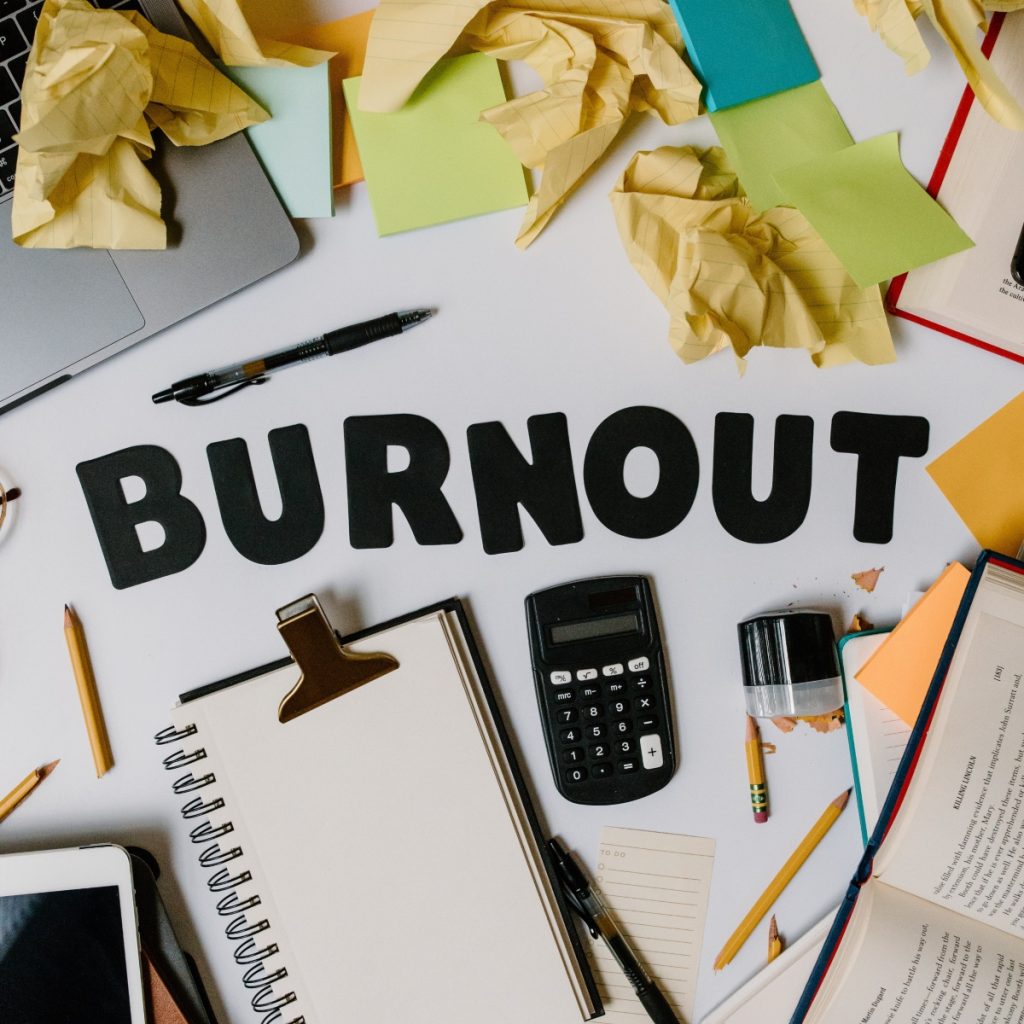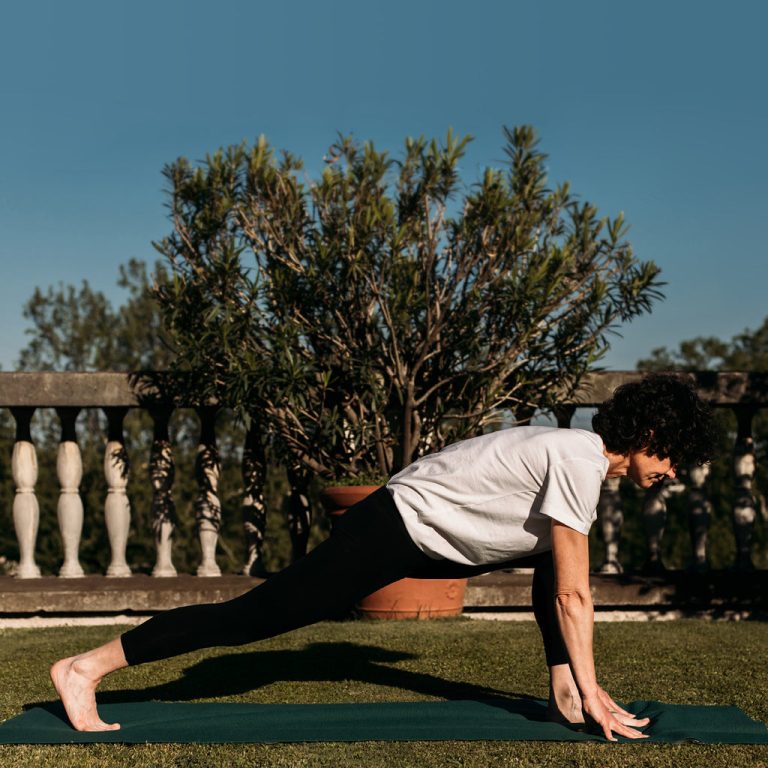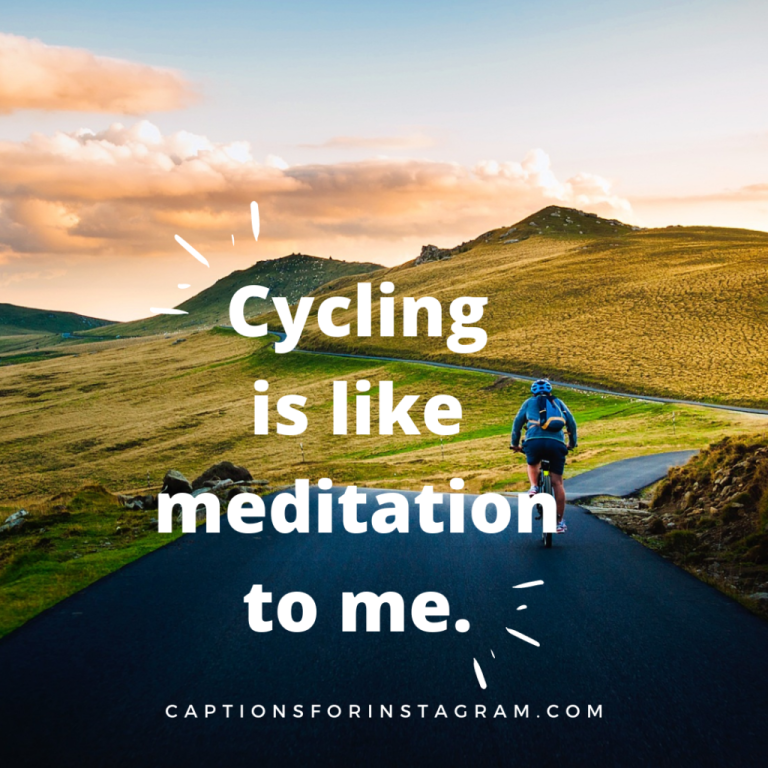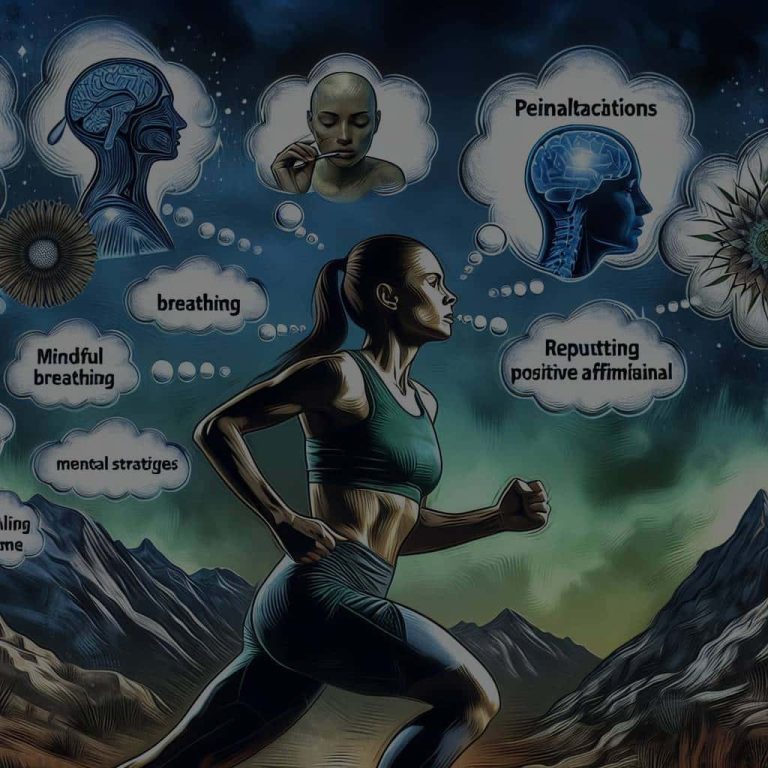“`
Dealing with Cycling Burnout
Cycling burnout is a common concern among passionate cyclists.
The exhilaration of reaching new milestones can sometimes lead to an unsustainable pace.
The resulting physical exhaustion and mental fatigue eventually take their toll.
Understanding how to manage these challenges is crucial for maintaining cycling motivation.
By exploring rest days, recovery techniques, and stress management, cyclists can safeguard their emotional wellbeing.
Incorporating balanced training and self-care strategies can enhance both performance and mental health.
Focus on key areas such as cycling performance metrics and bike maintenance tips to ensure long-term enjoyment of the sport.
Understanding Cycling Burnout
What Causes Cycling Burnout?
Cycling burnout stems from persistent overtraining and inadequate rest. The drive to improve can push cyclists to continuously exceed their limits. This relentless effort takes both a physical and psychological toll. When mental fatigue sets in, motivation dwindles, and performance declines.
Recognizing Signs of Burnout
Spotting the symptoms early is key to addressing cycling burnout effectively. Physical exhaustion, reduced performance, and mood swings are common indicators. Performance anxiety may increase, while enthusiasm for training wanes. Cyclists may also experience difficulty sleeping, further exacerbating the problem.
Effective Recovery Techniques
Importance of Rest Days
Rest days are vital in a cyclist’s training plan. Scheduled downtime allows the body to recuperate, reducing the risk of overtraining. These breaks help restore energy levels and mental clarity, making subsequent rides more productive.
Relaxation Techniques for Mental Health
Incorporating relaxation techniques can significantly impact mental health. Practices like meditation, focused breathing, or yoga can alleviate stress and promote emotional wellbeing. These techniques provide mental resilience, enhancing overall cyclist wellness.
Cycling Therapy for Emotional Wellbeing
Cycling therapy emphasizes the importance of self-care strategies alongside physical training. By focusing on exercise moderation and maintaining a balanced approach, cyclists can nurture their passion without burning out. Supportive community activities also contribute to enhanced emotional wellbeing.
Cycling Performance and Training Strategies
Training Techniques for Cyclists
Structured training plans are essential for preventing burnout while optimizing performance. Interval training, power-based training, and cycling cadence improvements can enhance endurance without overstraining the cyclist. Implementing varied routines helps maintain interest and engagement.

Best Nutrition Practices for Cyclists
Balanced nutrition supports recovery and energy management. Proper hydration, carbohydrate intake, and protein consumption are key components of an effective diet plan. Nutrient-rich meals fuel workouts and expedite recovery, reducing the risk of physical exhaustion.
Cycling Safety Tips
Promoting safety in cycling helps prevent stress injuries that can lead to burnout. Wearing appropriate gear, choosing the right bike fit, and being mindful of traffic laws are fundamental. Prioritizing safety ensures consistent engagement with cycling without added anxiety.
Cycling Cadence and Performance Metrics
Monitoring cycling cadence and performance metrics aids in assessing training effectiveness. Using tools like power meters and heart rate monitors helps visualize progress and necessary adjustments. Understanding these metrics empowers cyclists to maintain balanced training efforts.

Stress Management and Mental Resilience
Sport Psychology for Athletes
Sport psychology can guide athletes through mental fatigue and performance anxiety. Emphasizing mental strategies and techniques enhances focus and motivation. Positive self-talk, goal-setting, and visualization can sustain long-term dedication to cycling.
Building a Supportive Community
Community support is invaluable in managing cycling burnout. Engaging with fellow cyclists can offer encouragement and accountability. Group rides, clubs, or online forums provide a platform for sharing experiences and advice.
Data, Metrics, and Studies
A study published in the Journal of Athletic Training highlights the critical role of rest and recovery in athletic performance. It found that athletes who incorporated scheduled rest days demonstrated a 20% higher improvement in VO2 Max compared to those who didn’t.
Another study on power meter usage indicated a 10% increase in performance tracking accuracy, affirming its importance in measuring progress and preventing overtraining.
Benefits of Addressing Cycling Burnout
For those looking to improve endurance, balancing intense workouts with adequate recovery fosters sustained advancement. By adopting a tailored training plan, beginners can gradually build strength without the setback of burnout. Experienced cyclists can optimize their regimens for peak performance and longevity.
Addressing burnout not only enhances enjoyment but increases overall health and cyclist wellness. Emotional wellbeing and mental health benefits translate into more fulfilling rides and accomplishments.
FAQs
How often should I take rest days to avoid burnout?
Incorporating one or two rest days each week is recommended to allow adequate recovery and prevent burnout.
What are some effective relaxation techniques for cyclists?
Meditation, deep breathing exercises, and yoga are effective for easing mental fatigue and promoting relaxation.
How can I maintain my cycling motivation?
Setting achievable goals, diversifying training routines, and engaging with a supportive community can help sustain motivation.
What role does nutrition play in preventing cycling burnout?
Balanced nutrition supplies necessary energy and aids recovery, reducing the risk of physical exhaustion and burnout.
How can sport psychology help cyclists manage stress?
Utilizing sport psychology techniques like visualization and positive self-talk can improve mental resilience and reduce performance anxiety.
Conclusion
Tackling cycling burnout is crucial for a fulfilling cycling experience. By implementing rest, strategic training, and mental resilience techniques, cyclists can prevent overtraining and maintain their love for the sport. Whether through structured training plans or community support, strategies discussed here help balance challenge with enjoyment. Embracing these approaches enhances both athletic performance and emotional wellbeing, encouraging continued participation in the sport.
“`






